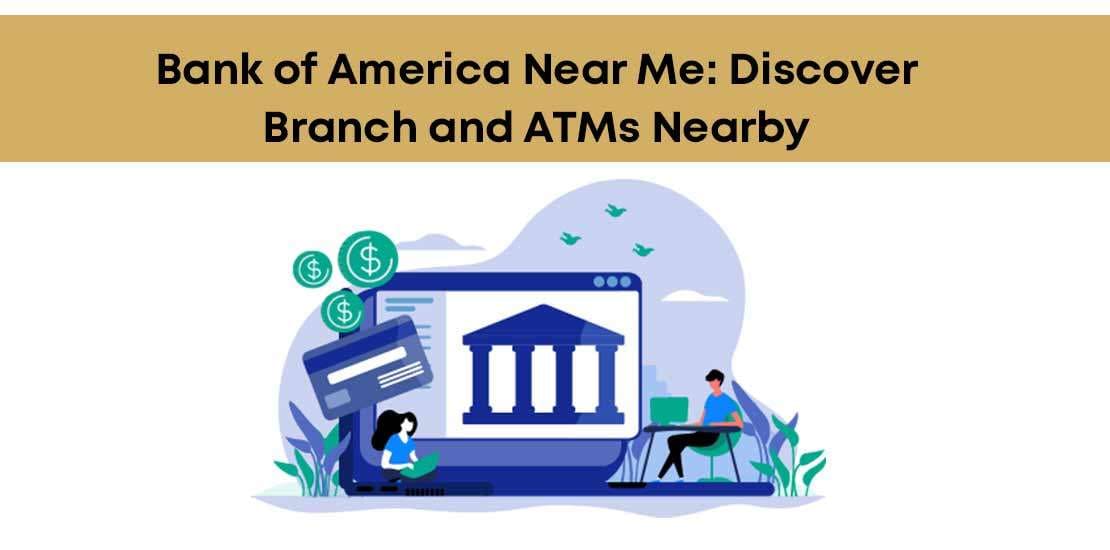Savings bonds are a type of investment instrument offered by the federal government in the United States. The savings bond program allows investors to purchase short-term government bonds at a fixed rate of interest. Investors can redeem their savings bonds at any time for a fixed rate of interest or for the accumulated interest since issuance. This allows investors to receive interest on their investment without having to physically collect it. Read How Do Savings Bonds Work? Get Information & Advice here.
What Is a Savings Bond?
Savings bonds are a popular investment instrument offered by the federal government in the United States. Issued by the U.S. Treasury, savings bonds are legal obligations of the government. They are designed to offer a good return on investment with minimum risk. The interest earned on a savings bond is paid back to the government at a fixed rate, which typically ranges between one and three percent.
Investors can redeem their savings bonds at any time during their term, which ranges from one to thirty years depending on the bond.
They are similar to certificates of deposit but are generally considered safer than CDs. Like CDs, savings bonds offer interest rates and terms that vary according to the maturity date. However, unlike CDs, savings bonds cannot be withdrawn without penalty.
Features of Savings Bonds
Savings bonds are a type of security that provides a fixed yield, like a traditional bond. They come in denominations of varying amounts, with a face value between $25 and $10,000. The current interest rate on Series I savings bonds is 2.63%. You can purchase them online or at a bank, and they can be used to supplement savings, or as a way to save for a specific goal, such as a car or vacation. Let’s know How Do Savings Bonds Work and what their features are.
Savings Bonds Features:
Let’s know the entire features of saving Bonds from this section-
- Interest rate: Savings bonds normally bear interest at the nominal rate.
- Taxes: Interest on this can be taxed, but is deferred until you pay the bond. Savings bonds are not subject to state or local tax.
- Transfer: you get the option of transfer, where you can transfer the savings bond to another person free of charge within five days of purchase.
- Age requirements: if you are a minor, you can also run savings bonds in their own name. Payroll plan: With a payroll plan, you can deposit part of your salary directly into your cash register and automatically buy savings bonds.
How Do Savings Bonds Work?
Interest on savings bonds is the same as interest on other types of bonds: it is payable monthly, quarterly, or annually depending on the bond issuer. The purchase price of savings bonds is the same as their face value. The only way to increase the value of a savings bond is to keep the bond intact and earn interest. Interest is calculated using the nominal (face value) rate and the current yield on three-month U.S. Treasury notes.
The purchase value of a savings bond is the same as the face value. So if you buy a $100 savings bond, you actually pay $100. However, hyperinflation, interest rate spikes, and other issuances have little impact on the value of your savings. The interest you earn on your savings bonds also compounds over time, so the longer you hold them, the more they’ll be worth.
Savings bonds are Known in two versions: Series EE and Series I.
- Series EE: These bonds carry a fixed interest rate for the life of the bond.
- Series I: These Series I bonds earn interest at an overall rate that can change semi-annually.
Types of Savings Bonds
Savings bonds have been a popular way to save money for years. Today, two types of savings bonds are available: Series EE bonds, which are traditional savings bonds, and Series I bonds, which carry an inflation-adjustment component. Both series of bonds are designed to provide a safe and secure way to invest and can help you build a financial cushion for the future. It’s never too late to invest in savings bonds, and the interest they provide can help supplement your income and ensure that you’re on the right financial path.
Savings bonds are a type of security issued by the U.S. government, usually in the form of paper certificates. The federal government has issued more than $430 billion worth of savings bonds since they were first offered in the 1940s. Two types of savings bonds are available: Series EE bonds, which are traditional savings bonds, and Series I bonds, which carry an inflation-adjustment component. The current interest rate on Series I bonds is 1.3%.
Series EE U.S. Savings Bond
You buy Series EE savings bonds only at face value, but the bond will at least double in value after 20 years, according to a Treasury Department. These bonds will help you to continue earning interest even after that period, if we talk about the total time, it will be 30 years in total.
Let us know more information about the Series EE Savings Bonds:
- Face Value: At least $25, available in penny increments
- Maximum available for purchase: $10,000
- Interest Terms: 0.10% for bonds purchased between May 2020 and October 2020
- Holding period: up to 30 years; there is no penalty for the redemption of bonds after 5 years
How To Cash in Savings Bonds
You can do this at your local bank or in the U.S. Savings Bonds can be redeemed through the Treasury Department in two ways, paper bonds, and electronic bonds.
Paper bonds are typically offered with longer dates to maturity, and are therefore more likely to be cashed before the front-end expiration date, which may happen in your future. Electronic bonds are almost instant payments and can be redeemed at any time. In both cases, you can access your savings bond funds from anywhere, whenever you want.
Are Savings Bonds a Good Investment?
Savings bonds are one of the safest, most secure ways to invest your money. Unlike stocks or bonds, savings bonds are backed by the United States government. This means that, if you buy a savings bond, you’re guaranteed a minimum rate of return. This makes savings bonds a great long-term investment.
it offers investors the security of knowing that the money they have invested in bonds will be repaid in full at the current rate of interest. While they aren’t as widely used as they were in the past, savings bonds are still a viable option for many investors. This is because savings bonds give investors the security of the government’s financial backing, which gives them a place to turn to in times of need. This makes savings bonds a good investment for many people, regardless of their investing goals.
Let’s understand its quick Pros & Cons
Pros:
- Low-risk Investment
- Guaranteed returns
- Protection against inflation
Cons:
- Minimal returns
- Growth is Slow
Wrapped Up!
Sure, savings bonds may not be the most exciting investment. But a savings bond is a good long-term investment because it gives you the security of the United States government. The U.S. government issues savings bonds as a way to raise money, but they’re also a great way to save. And because they’re backed by the full faith and credit of the United States, they’re a great way to build a savings account.
Hope you read and grabbed the entire furnished information from this here about How Do Savings Bonds Work. If still have anything left then you can connect with our expert team to get more suggestions.











